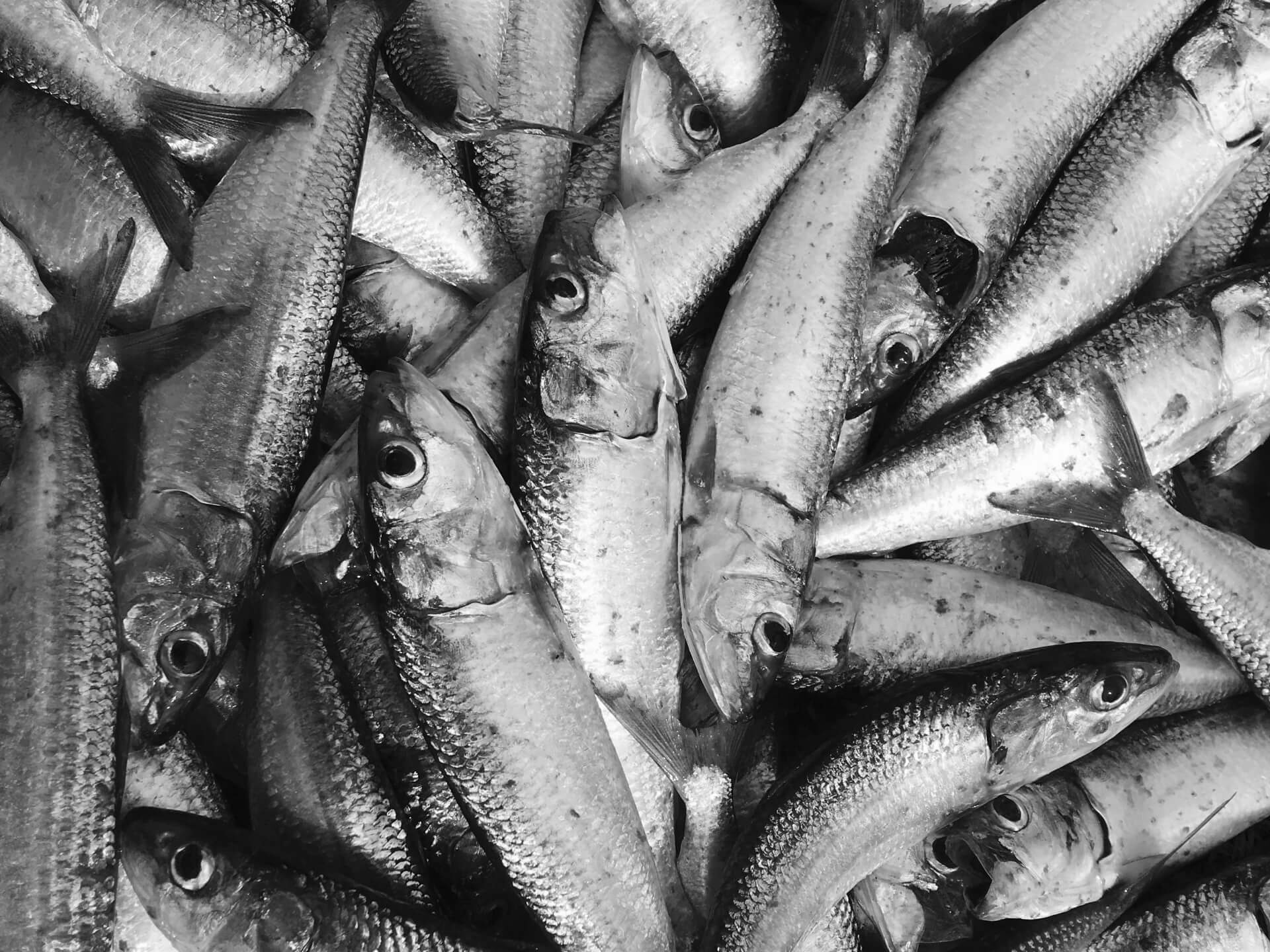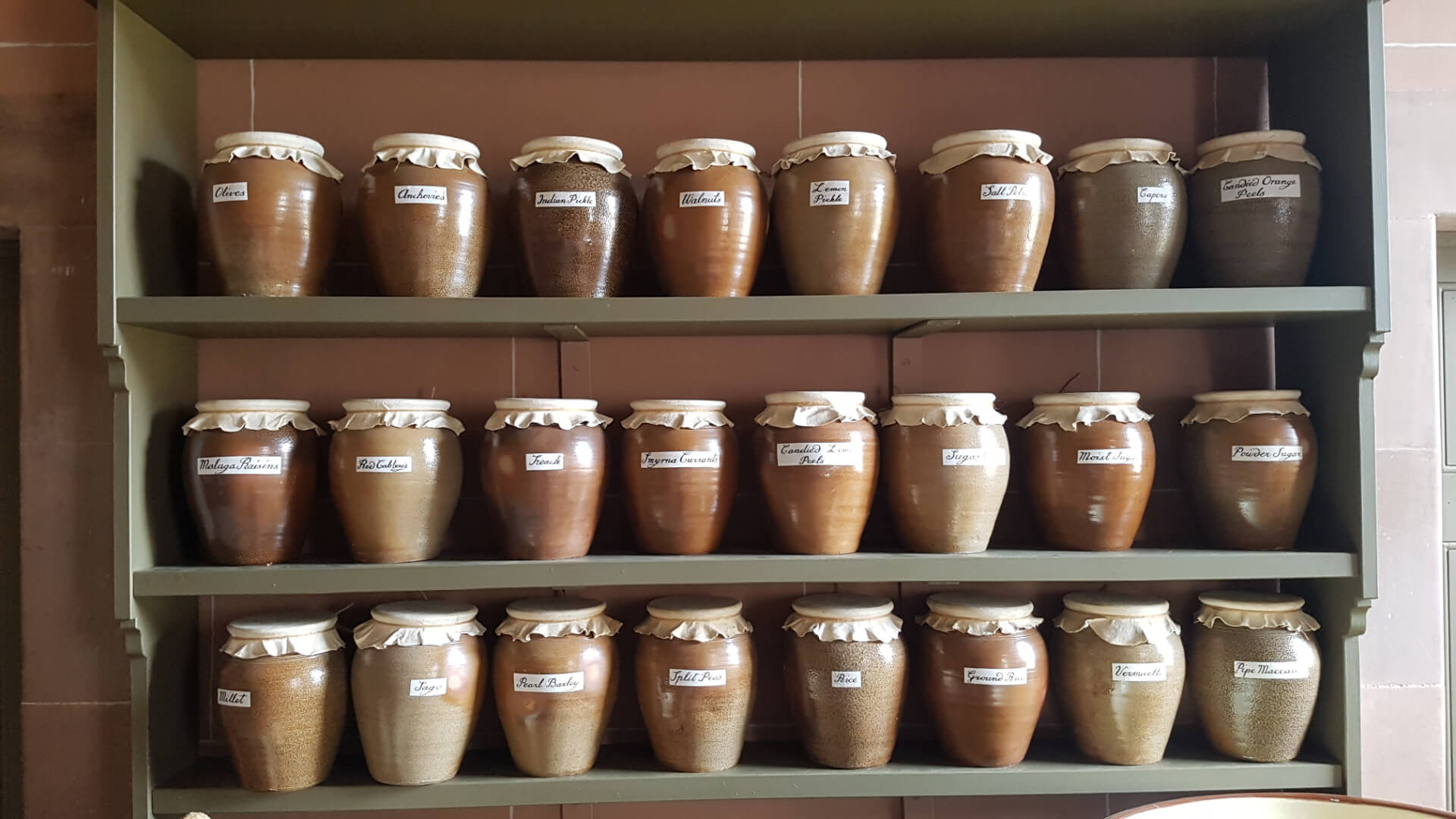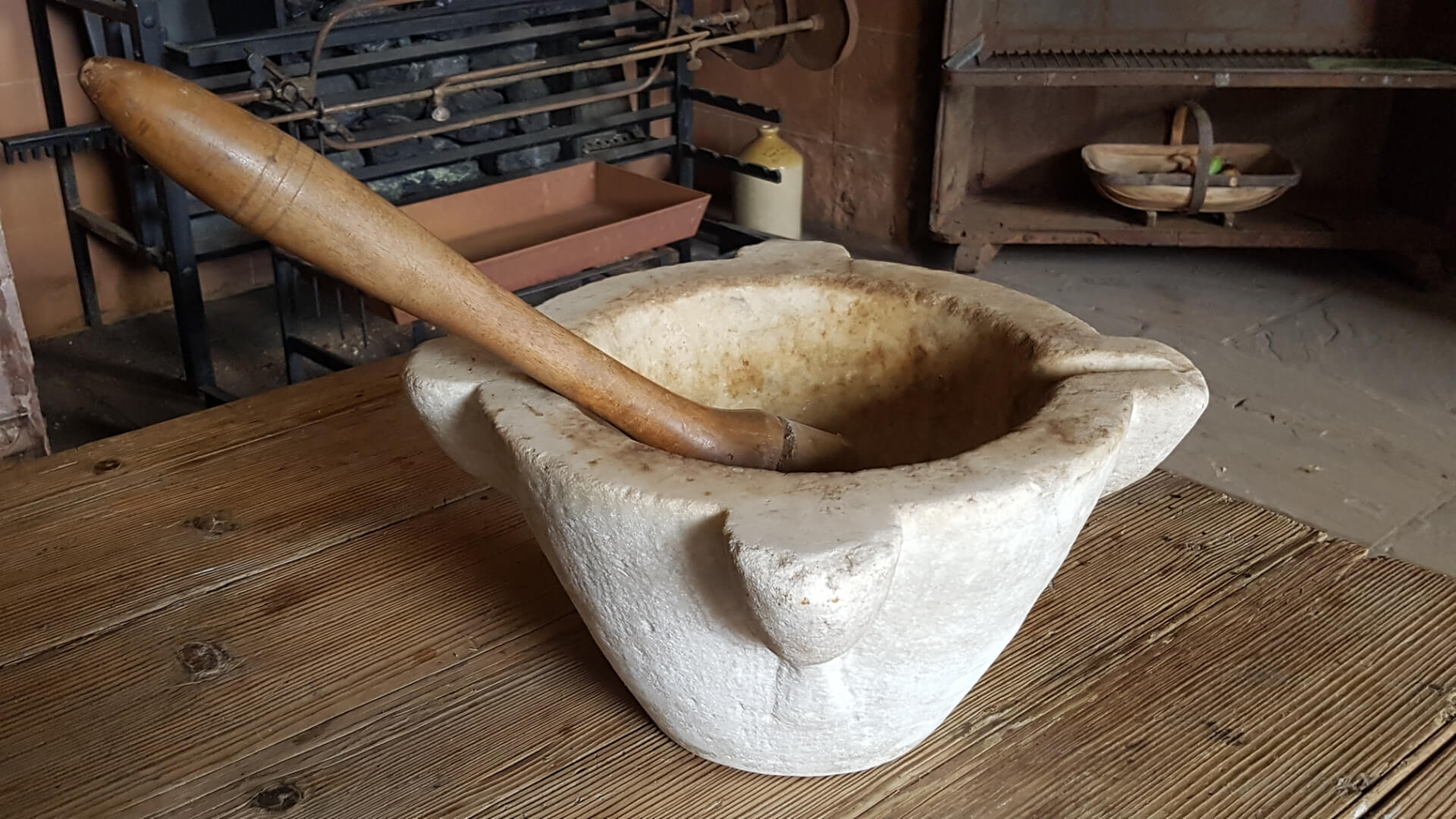Fresh and salted fish
Description
The River Tweed, below Paxton House, was a major source of fresh fish such as salmon and trout for the family and their servants. On the Home family’s plantations in Grenada and Mustique, the enslaved people were able to catch fresh fish and seafood. There was one enslaved man at Waltham whose sole job was to catch fish.
Salt cod was imported to Grenada from Newfoundland and salted herrings from Scotland. The Scottish herring industry boomed from the 1780s. In 1798, almost 52,000 barrels of salted herrings were exported to the West Indies from Scotland, a 61% share of the market. The lowest quality were dispatched for consumption by the enslaved, whereas the best quality were kept for consumption in Britain. This industry involved Scottish fishermen, women, and children in catching and processing the fish, boat builders, coopers, foresters supplying wood, merchants, and shipping.
“I know not whether salt fish or herrings are sent for the [enslaved people], but I believe they like the herrings best. In that case might you not indulge them, suppose they should be a little dearer.”
(George Home to John Fairbairn, Waltham’s Manager, 13 April 1816 (NRS GD267/5/37, p.52).




